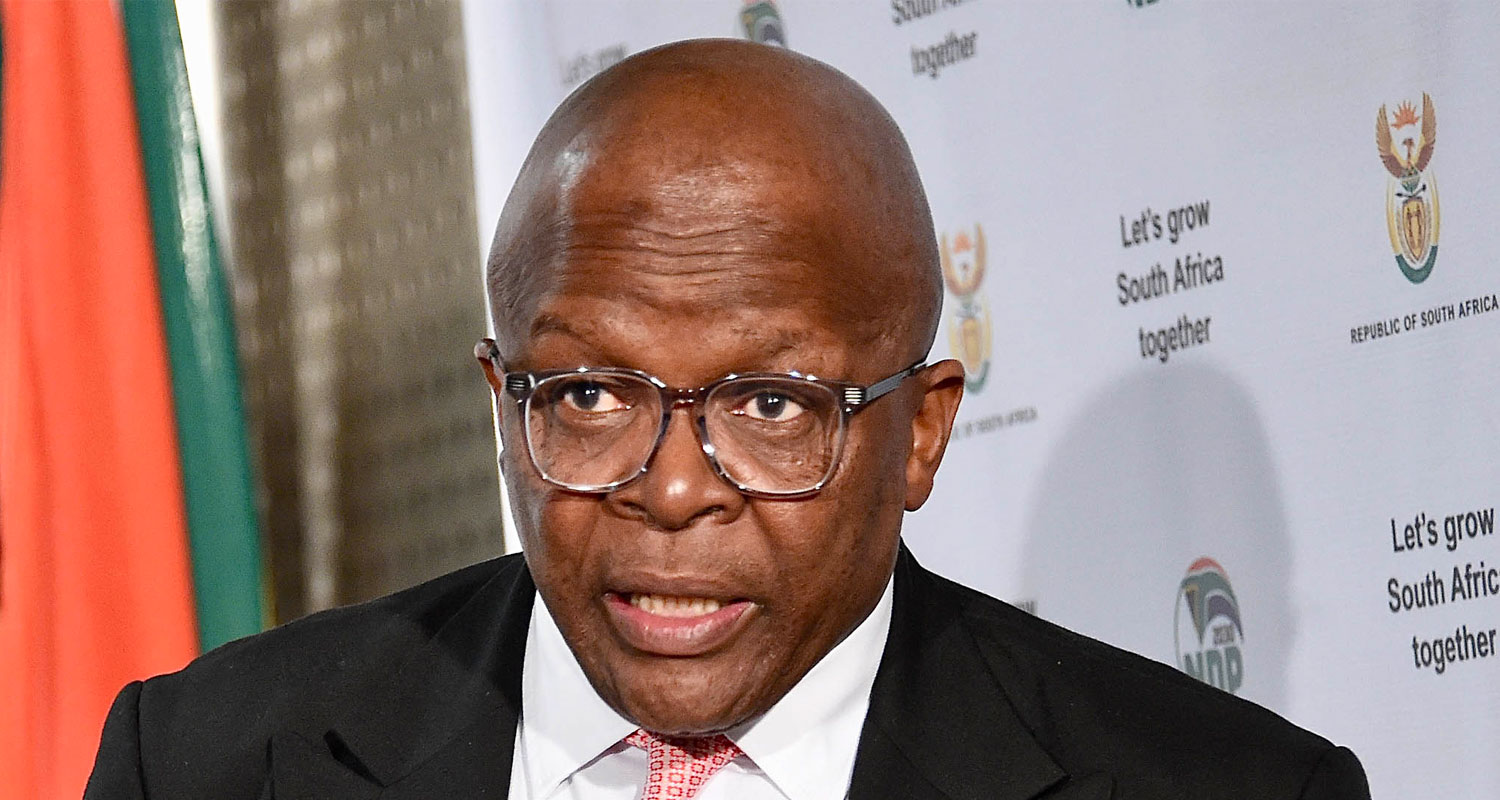
Minister in the presidency Mondli Gungubele said government is focused on improving the performance of Eskom’s power stations and “adding as much new generation capacity to the grid as possible, as quickly as possible”.
Speaking during a media briefing by several ministers whose departments fall under the newly created National Energy Crisis Committee (Necom), Gungubele said government “will do whatever it takes to achieve energy security”.
Necom, which comprises Eskom and several government departments, was announced by President Cyril Ramaphosa in an address last Monday on the electricity crunch facing South Africa.
The committee will report to an inter-ministerial committee chaired by the president. It comprises Gungubele as well as energy minister Gwede Mantashe, public enterprises minister Pravin Gordhan, finance minister Enoch Godongwana; environment minister Barbara Creecy and trade minister Ebrahim Patel.
“I must emphasise that achieving energy security is our single most important objective as a country, to enable economic growth and job creation. Our short-term objective is to reduce the severity and frequency of load shedding through immediate measures to stabilise the energy system. Our long-term objective is to end load shedding altogether,” Gungubele said at Monday’s briefing.
The minister highlighted that government has already taken steps in addressing energy shortages including:
- Changes made to regulations on new generation capacity to allow municipalities to procure power independently. As a result, several municipalities are in the process of procuring additional power.
- A revival of the renewable energy procurement programme that enabled 2.2GW from Bid Window 4 to proceed to construction, the majority of which has now been connected to the grid.
- A further 6.8GW of solar PV and wind power being procured in terms of the current ministerial determination. This additional generation capacity will connect to the grid from late 2023. Another 3GW of gas and 513 of battery storage will be procured through the next Bid Windows.
- The licensing threshold for power generations increasing from 1MW to 100MW, which resulted in a pipeline of more than 80 confirmed private sector projects under development with a combined capacity of over 6GW — several of which will commence construction this year.
- Eskom establishing an independent transmission company. The utility is on track to separate its generation and distribution businesses by the end of 2022.
“We recognise that we need to be responsive to the situation as it develops. The severe load shedding which we experienced last month showed that additional actions are necessary to restore system stability and increase generation capacity,” Gungubele said. These actions will be guided by the five interventions outlined by Ramaphosa, which are to:
- Fix Eskom and improve the availability of existing supply;
- Enable and accelerate private investment in generation capacity;
- Accelerate procurement of new capacity from renewables, gas and battery storage;
- Unleash businesses and households to invest in rooftop solar; and
- Fundamentally transform the electricity sector to achieve long-term energy security.
“Necom has already begun to meet regularly to ensure that these actions are implemented swiftly. Eight work streams have been established to ensure coordination across government, and discussions are under way with the private sector and other social partners to ensure that the best available expertise in the country is brought into this effort,” the minister said.




